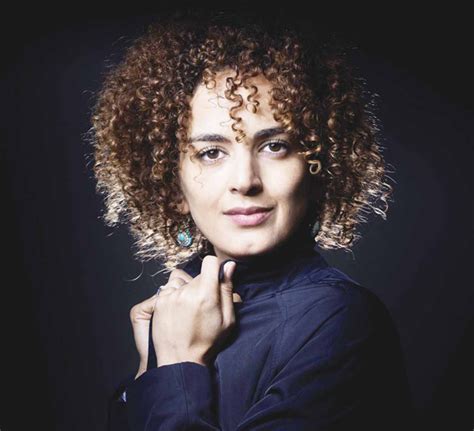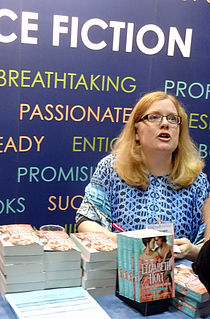A Quote by Karl Ove Knausgard
In my experience, when you're writing, you want the truth, and you don't want to be apologetic in any way. But there is something in writing, the complexity of it, that works against that aim.
Quote Topics
Related Quotes
I can work a lot faster when I'm writing a screenplay than when I'm writing a play because, if I'm having a problem with a scene or something, I can just be writing it in a way where there's no dialogue, or find a way to make sound do the work that I want to do or a close-up do the work that I need to do.
In terms of style, I think the memoirist should have a novelist's skill and all the elements of a novelist's toolbox. When I read a memoir, I want to really, deeply experience what the author experienced. I want to see the characters and hear the way they speak and understand how they think. And so in that way, writing a memoir feels similar to writing a novel.
Writing helps us heal in certain way, but it doesn't make the experience of thinking about writing that occasion any less painful. When you revisit trauma, you don't know what's going to be triggering for you because you don't know how it's connected in your mind. So in the same way when we write something, it doesn't completely resolve the experience for us. It can feel therapeutic, but that's not the reason why I do it. I do it to ask a question, or just to find meaning.
The very dull truth is that writing love scenes is the same as writing other scenes - your job is to be fully engaged in the character's experience. What does this mean to them? How are they changed by it, or not? I remember being a little nervous, as I am when writing any high-stakes, intense scene (death, sex, grief, joy).
I want each character to be as unique as possible. I want them to reflect something of who they are in the way that they move and in how their bodies work. That was foremost in my head when I was writing Salvage: I wanted every gesture, every little movement, to really carry meaning and communicate meaning to the reader. I was very conscious of that when I was writing.
You have to fight against all the things that will keep you out of writing, because life doesn't go with writing. You will always have something more important to do: you will have to take your children to school, you will have to cook something, you have to meet friends. But you have to fight if you want to write.
I feel some need to represent where I'm from. But ultimately, I think my only real responsibility is to - as much as possible - interrogate my own truths. This is to say not merely writing what I think is true, but using the writing to turn that alleged truth over and over, to stress-test it, in the aim of producing something readable.
I pretty much started out writing full time. I was an at-home mom and when my youngest entered kindergarten, I started writing. I was 35, and before that I really hadn't written at all. Which means, I guess, that a) it's never too late to start a writing career (or any career you really want) and b) it's OK to get to your mid-30s and still not know what you want to be when you grow up.


































